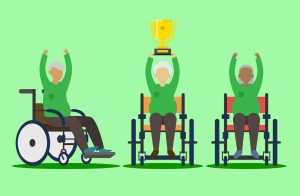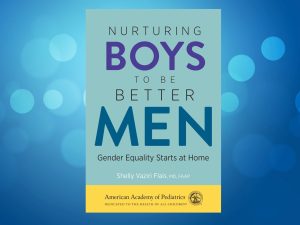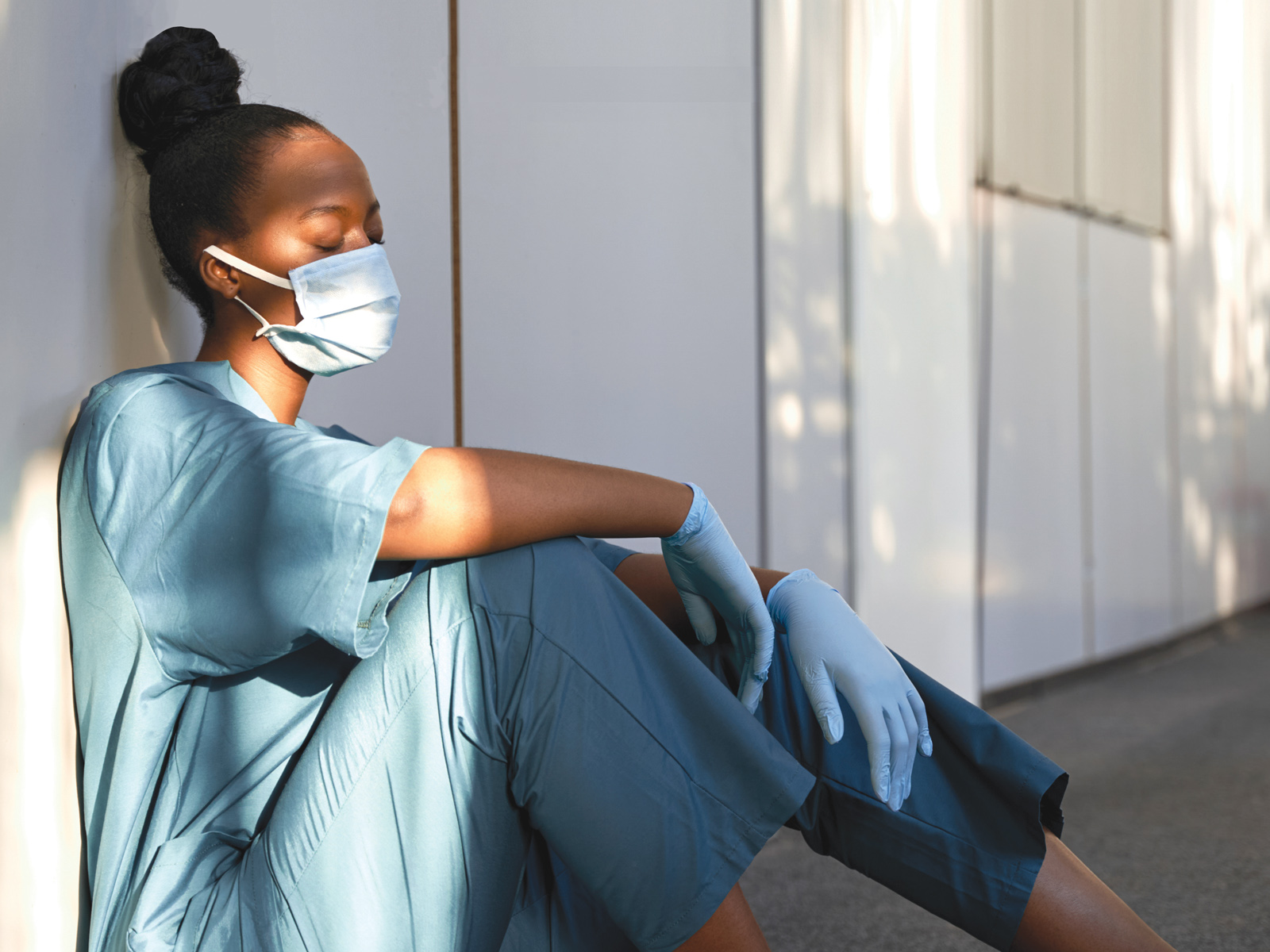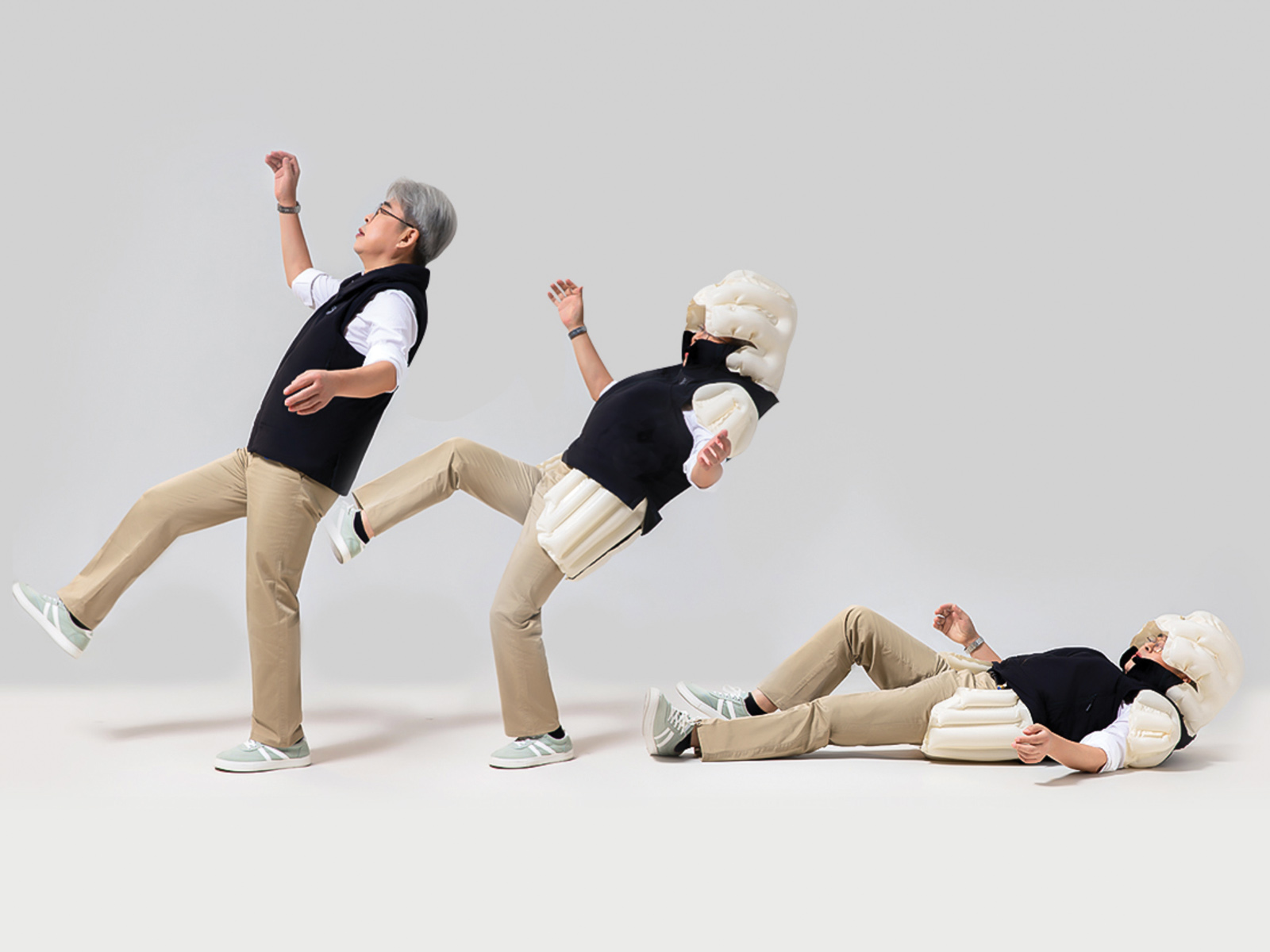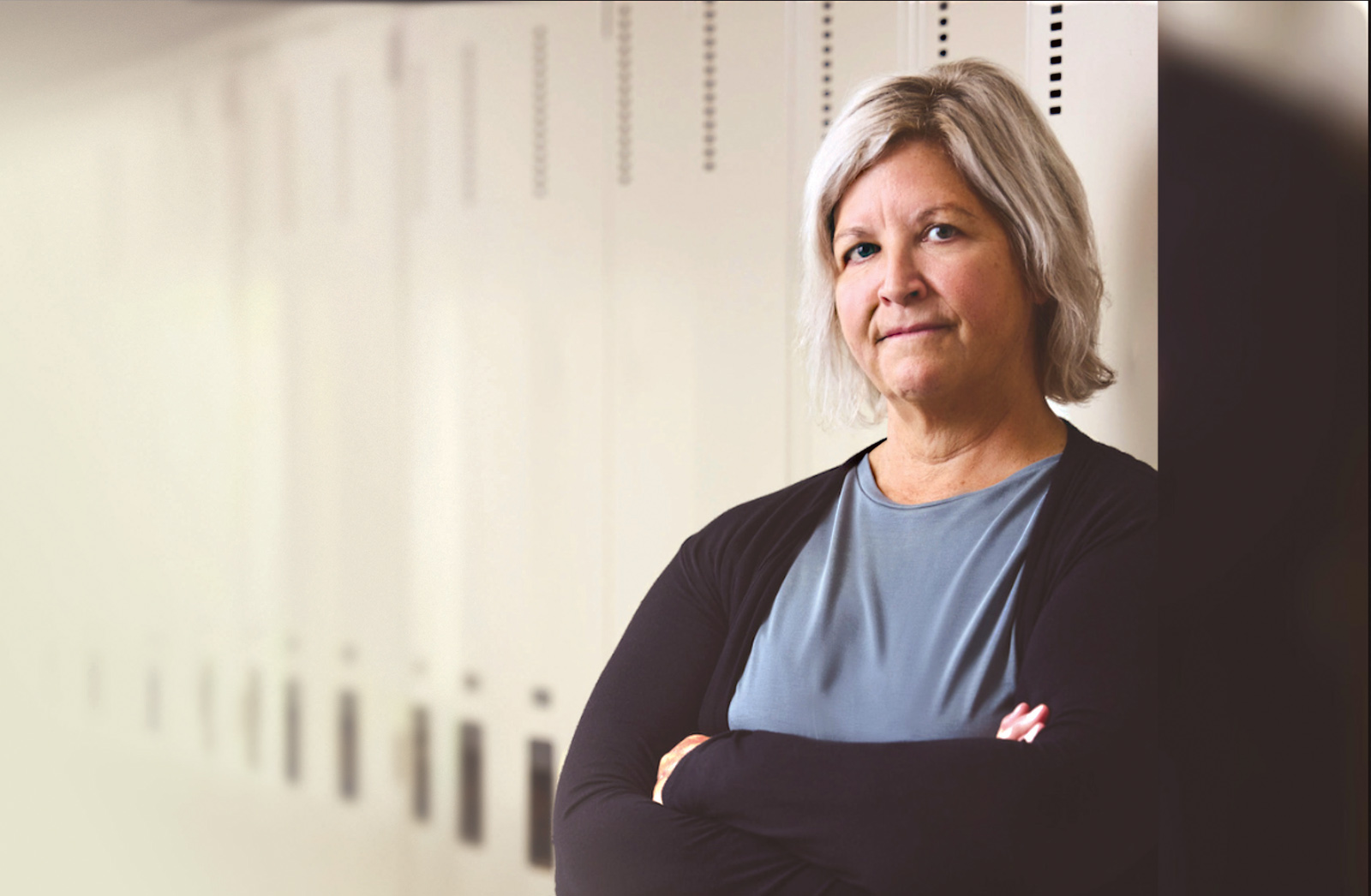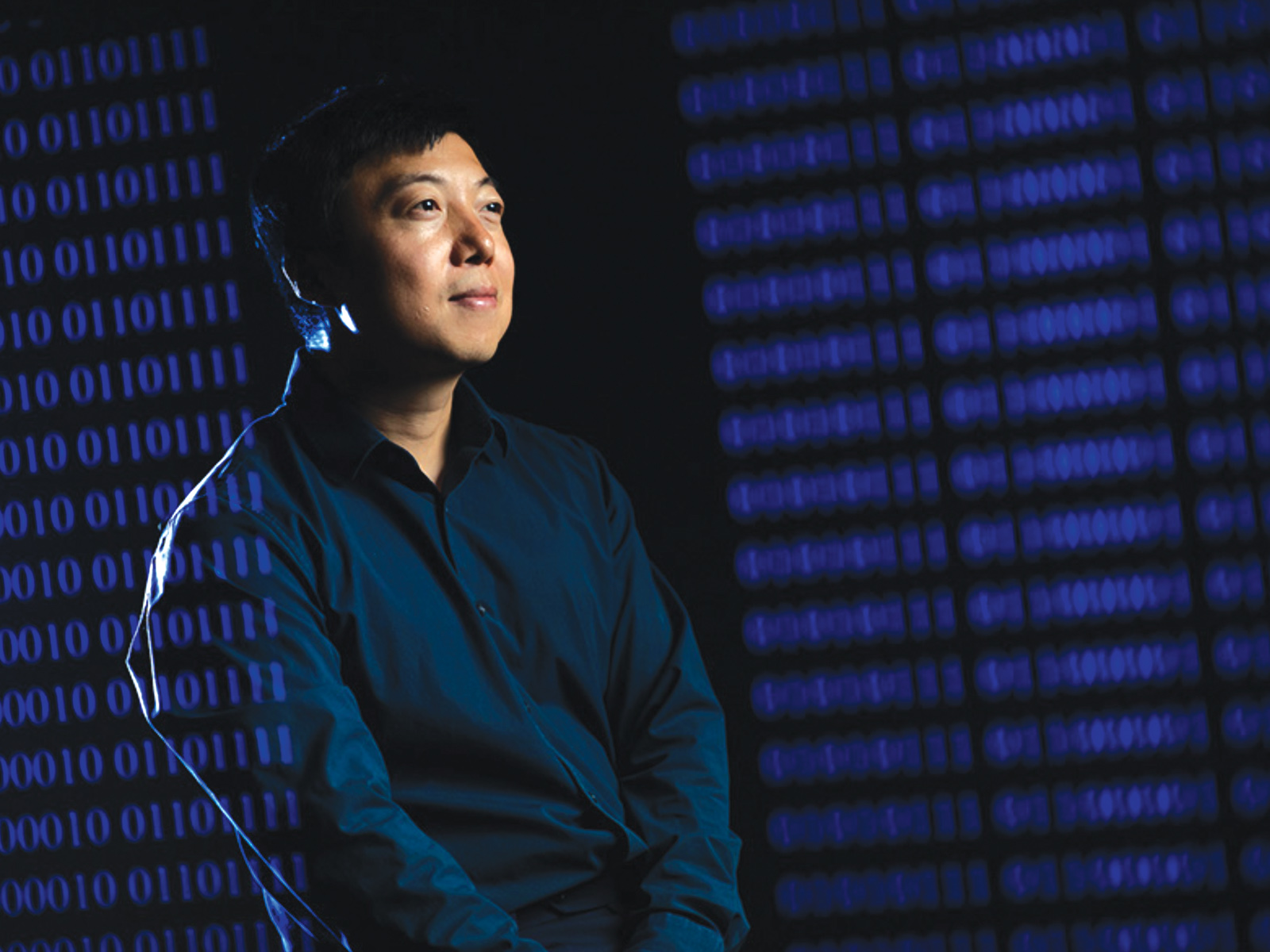Amplifying youth expertise in cannabis and mental health education
While rates of use among youth have not changed dramatically since legalization, research is highlighting the ongoing need for effective, evidence-based, and engaging cannabis education.
There are increasing concerns about the adverse effects of cannabis use on young people’s physical and mental health. Early and frequent cannabis use has long-term implications for outcomes in young adulthood. That’s why the Schizophrenia Society of Canada took action, collaborating with YouthREX, the Mental Health Commission of Canada, and working with young people across the country and created the Cannabis and Mental Health project. This is an online course designed to provide young people with knowledge and skills to better understand and navigate their own relationship with cannabis and mental health.
The work is led by the Youth Action Committee (YAC), consisting of 14 youth action committee members, 4 strategic advisors, 4 scientific advisors, as well as the leadership team, each with their own specific roles. The project is based on empowerment, choice, and by and for youth created content. The YAC meets bi-monthly to discuss evaluation, emerging research, cannabis education, and knowledge mobilization. The Cannabis and Mental Health Project (C+MHP) strives to take cannabis education beyond the “just say no” rhetoric by providing an extensive understanding of the positive, negative, and neutral factors on cannabis.
The course provides engaging evidence-based knowledge on the connections between mental health and cannabis consumption. Throughout its 4 modules, it addresses the impacts of legislation, understanding one’s choice to consume cannabis, harm reduction approaches, as well as the endocannabinoid system as a whole. The mentor guide provides resources and information for educators, parents, and allies to support individuals in their mental health and cannabis journeys. The guide provides tips, tricks, and resources for those working with underage youth ages 12-19, age varies on province. It addresses managing stress by maintaining a balanced life and the promotion and development of critical problem-solving skills and decision-making. The project takes an anti-oppression approach, and commits to representing the diverse experiences of young people and the impact of criminalization and legalization on diverse communities. It highlights the importance of scientific accuracy, inclusion and the importance of destigmatizing and harm reduction approaches to substance use and mental health education.”
According to Connor Lafortune, Indigenous Advisor for the project, “the Cannabis and Mental Health course aims to assess the needs of those existing in the margins. The project takes a strength-based approach and prioritizes the needs of specific communities while uplifting the voices of those that may be at more elevated risk of erasure and exclusion.”
Since May of 2022 we have had over 1600 youth across the country enroll in the Cannabis and Mental Health Course. So far we are seeing a 60% completion rate of the course and have received incredible feedback from our YAC, our Teen Advisory Committee, and our engagement with York University Global Health Students. Our course has been well received by young people and their allies. Here from youth we worked closely during the development of the Cannabis and Mental Health Course. Hana, Teen Advisory Committee Members shares her perspective on the course, “This project is relevant to so many people because cannabis has become a common drug that is used by a decent amount of my peers. Young people should be aware of the risks, especially teens who are in environments where they might feel pressured to do it and have struggling mental health.”
Though the course is our main resource we have found other means of engaging with young people through our social media, youtube channels, working with practicum students and doing workshops for secondary and post-secondary students. The project prides itself on highlighting new and prevailing research on mental health, cannabis, and its many intersections. Our project’s social media includes “Research Roundups,” where articles are reviewed, discussed, and posted to keep young people informed about emerging research on mental health and cannabis.
The Cannabis and Mental Health Project hosts recurring “Ask the Experts” where virtual panels are created to discuss hot topics such as “ What if Weed Made you Sick?” (June, 2023), “Effective Cannabis Education” (November, 2021), and “Queer and Gender Diverse Perspectives on Cannabis” (June, 2021). The panels typically consist of experts such as health care providers, and individuals with lived and living experience. The next Ask the Experts will discuss “Pregnancy and Chest/ Breast Feeding” and a series on “Polysubstance Use.” All of the Ask the Experts can be found on our website or youtube.
The YAC has created a series of short video clips that have been circulating on social media in order to bring attention to the larger conversations around cannabis such as reconciliation in Indigenous communities, the overwhelming prevalence of incarceration for racialized communities, and the cultural differences between cannabis consumption, education, and media coverage.
The Cannabis and Mental Health Project is currently in the process of creating fun and interactive workshops that will discuss cannabis, mental health and everything in between. These workshops will thereafter be promoted and facilitated virtually in secondary and post-secondary schools, community centers, Indigenous communities, youth groups and more. Please reach out to us If you are interested in having our team present to youth in your community.
Connor Lafortune, Indigenous Strategic Advisor and Kiah Ellis-Durity, Project Facilitator, Cannabis and Mental Health Project.



